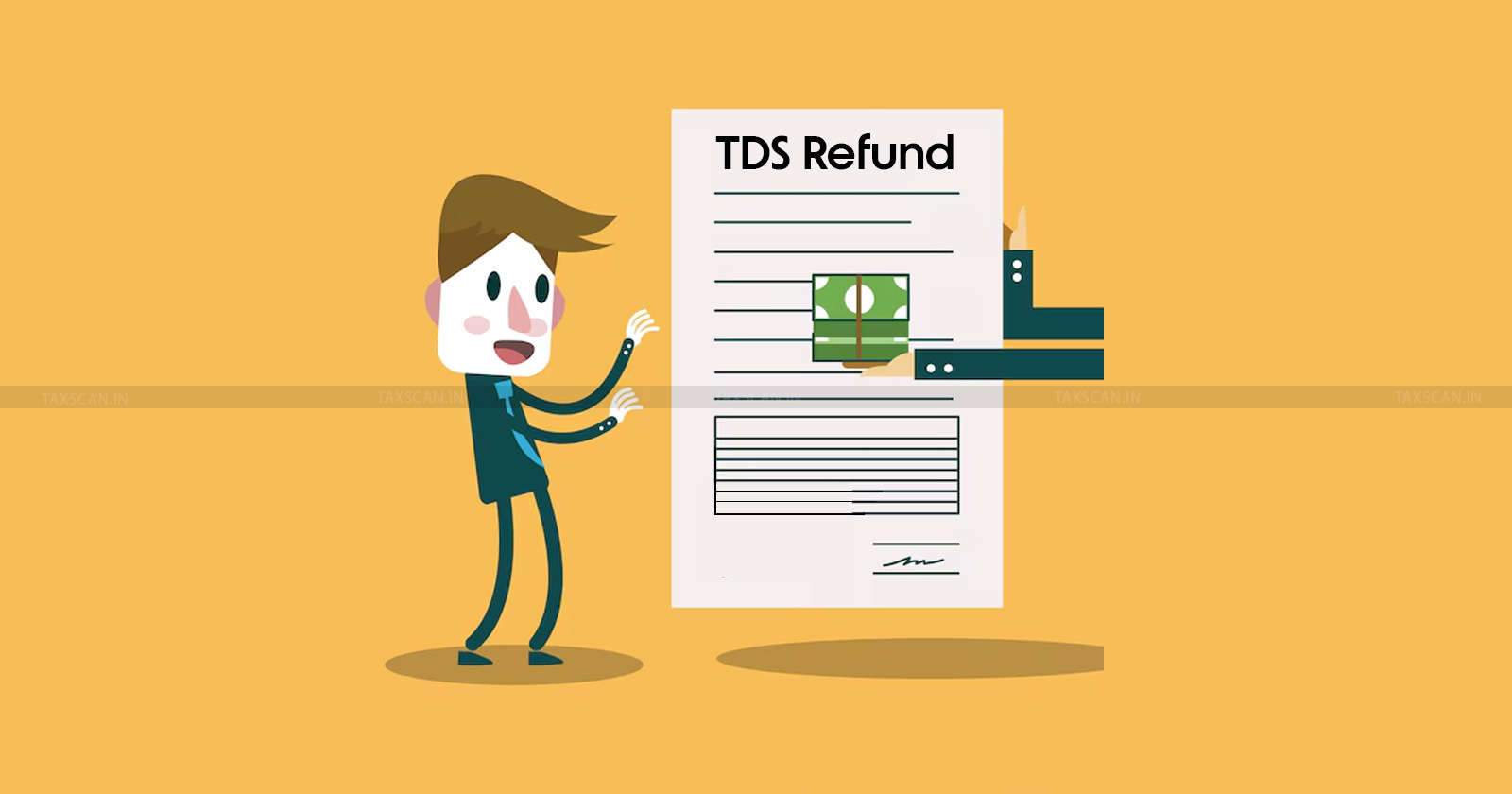Category III AIFs Not Automatically Indeterminate if Investor names are Absent from Original Trust Deed: Delhi HC [Read Order]
The Delhi High Court rules Category III AIFs are not indeterminate merely for not naming investors in the Trust Deed, reading down CBDT Circular 13/2014.
![Category III AIFs Not Automatically Indeterminate if Investor names are Absent from Original Trust Deed: Delhi HC [Read Order] Category III AIFs Not Automatically Indeterminate if Investor names are Absent from Original Trust Deed: Delhi HC [Read Order]](https://images.taxscan.in/h-upload/2025/08/21/2078910-alternative-investment-funds-cbdt-circular-taxation-taxscan.webp)
In a recent ruling, the Delhi High Court held that Category III Alternative Investment Funds (AIFs) cannot be treated as indeterminate trusts merely because the names of investors are not mentioned in the Trust Deed, so long as the beneficial interests of investors are otherwise determinable. The court also read down CBDT Circular No. 13/2014 to align it with judicial precedents.
Equity Intelligence AIF Trust, a SEBI-registered Category III AIF, had launched a scheme in 2017 for investing in listed equity shares. Investors subscribed through contribution agreements, and the fund filed separate tax returns from the assessment year 2018-19. To clarify its tax position, the trust sought an advance ruling.
When the Authority for Advance Rulings was replaced by the Board for Advance Rulings, the application was transferred, and on 27 June 2024 the Board ruled that since the Trust Deed did not include the names of investors, the trust was indeterminate and liable to be taxed at the maximum marginal rate under Section 164 of the Income Tax Act, relying on CBDTCircular No. 13/2014.
Complete practical guide to Drafting Commercial Contracts, Click Here
The petitioner’s counsel argued that investors were clearly identifiable through contribution agreements and Net Asset Value records that were regularly reported to SEBI. It was argued that SEBI regulations prohibit including investor names in the Trust Deed at the time of registration, which made compliance with the circular impossible.
The counsel pointed out that CBDT’s earlier Circular No. 281/1980 clarified that beneficiaries need not be named in the Trust Deed if they could be identified in another way, and also relied on rulings of the Karnataka High Court in India Advantage Fund and the Madras High Court in TVS Shriram Growth Fund. In those cases, the courts had held that trusts were determinate even if the Trust Deed did not list the beneficiaries, so long as their shares were ascertainable.
The revenue’s counsel argued that the petition was not maintainable as a statutory appeal was available under Section 245W of the Act. They further argued that Category III AIFs do not enjoy pass-through status under the Act and that Explanation 1 to Section 164 requires that beneficiaries and their shares be expressly specified in the Trust Deed.
They submitted that the circular was consistent with this requirement and that the earlier judgments cited by the petitioner were distinguishable.
The Division Bench comprising Justice Yashwant Varma and Justice Purushaindra Kumar Kaurav observed that under SEBI regulations, Category III AIFs cannot accept contributions until they are registered, and it would be impossible to include investor names in the Trust Deed at the time of registration.
The court explained that the law does not compel the impossible, and that once contribution agreements and records exist, investors and their beneficial interests are clearly determinable.
Want a deeper insight into the Income Tax Bill, 2025? Click here
The court further observed that para 6 of Circular 13/2014, which limited its applicability only in states where High Courts had ruled otherwise, was contrary to law since judicial precedents bind uniformly across India.
The court pointed out that the rulings of the Karnataka and Madras High Courts were binding and had already been accepted by the revenue, and that the Board for Advance Rulings had erred in ignoring them.
The court explained that the availability of an appellate remedy did not bar the exercise of writ jurisdiction in this case since the matter affected AIFs across the country and involved disregard of binding precedents.
Based on these findings, the Delhi High Court set aside the order of the Board for Advance Rulings dated 27 June 2024 and read down CBDT Circular No. 13/2014 to clarify that Category III AIFs cannot be taxed at the maximum marginal rate merely because investor names are not in the Trust Deed, provided their beneficial shares are otherwise determinable. The writ petition was allowed.
Support our journalism by subscribing to Taxscan premium. Follow us on Telegram for quick updates




